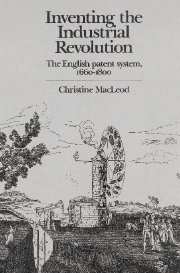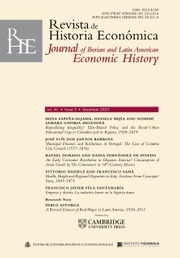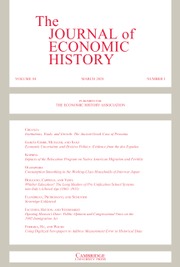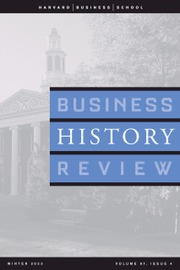The Struggle for Market Power
During the Industrial Revolution, class was defined largely through the structuring of market relations. Integrating aspects of economic and social history as well as industrial sociology, this book examines the sources of the perception of the market on the part of both capital and labor and the elaboration of their alternative market ideologies. Of particular import is the argument that working class culture expressed a fundamental acceptance of the utility of the market, a point that is supported by a detailed analysis of the labor process, workplace bargaining and early nineteenth century trade unionism. Nonetheless, the working class's definition of "proper" market relations differed substantially from that of capitalists.
Reviews & endorsements
"I recommend this book to anyone interested in the industrial relations of the British coal mining industry." American Historical Review
"The rich texture of this study derives from detailed archival research into industrial relations in the coal industry of the north east." Roy Church, Labor History
"...a useful social-historical complement to the now-abundant economic history literature that stresses the prolonged, continuous character of British industrialization and de-emphasizes the two or three decades on either side of 1800." Michael Dintenfass, Business History Review
Product details
March 1991Hardback
9780521391467
242 pages
238 × 160 × 22 mm
0.482kg
Available
Table of Contents
- Acknowledgments
- Abbreviations
- Introduction
- 1. Capital and credit
- 2. The perception of the market and industrial policy
- 3. Managerial capitalism
- 4. Family, community, and the labor market
- 5. Work and the ideology of the market
- 6. Religion, ideology, and trade unions
- 7. The transformation of market relations: Tommy Hepburn's union, 1831
- 8. Epilogue: class struggle and market power
- Conclusion: the labor process and the market
- Appendix
- Select bibliography
- Index.








